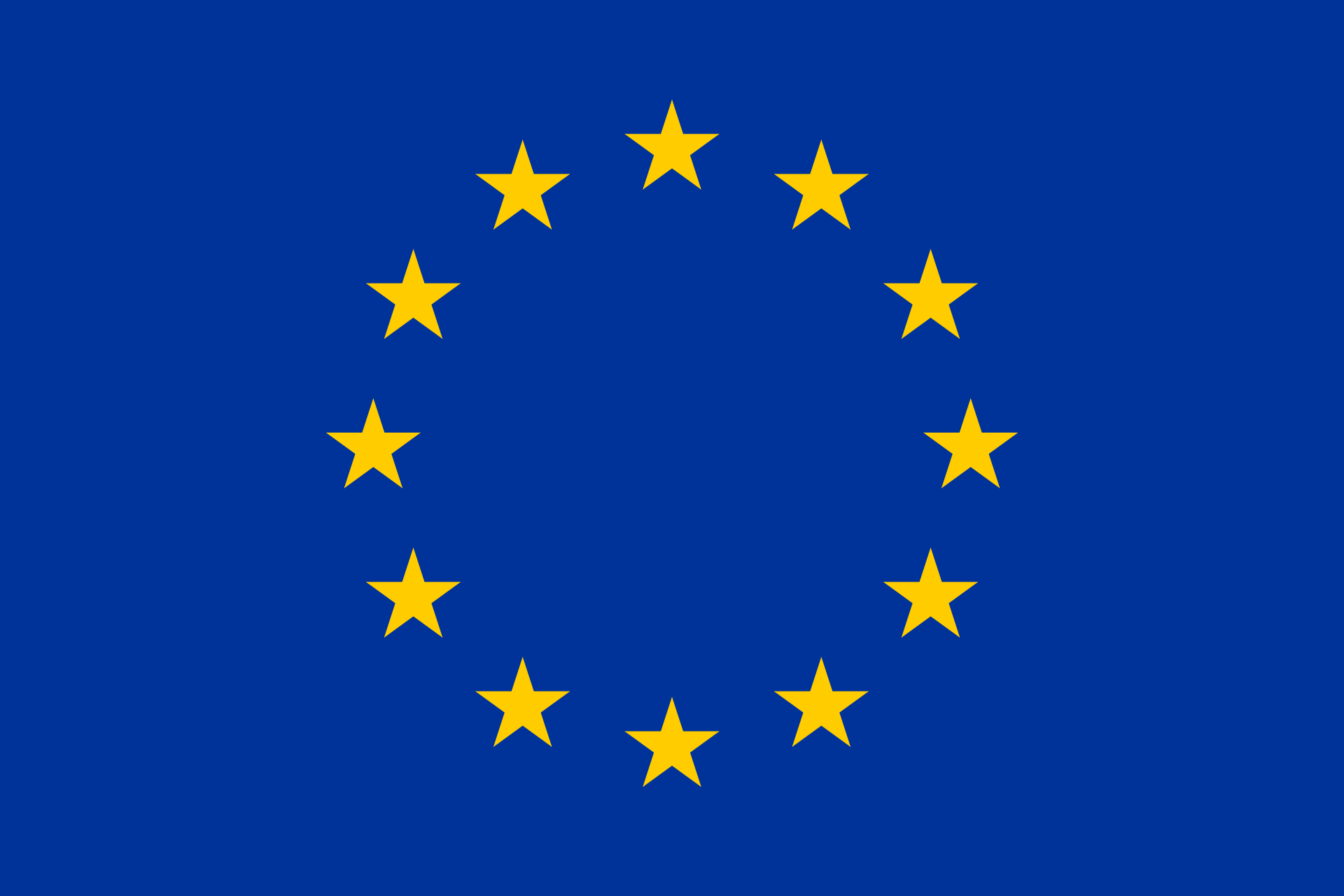
This is a little out of our normal lanes of discussion, but I have watching Brexit for a while. In the end, economic power = military power, so the impact of this is worth examining. The UK is one of four of the ten largest economies in the world that are located in Europe (note that Russia is 11th, behind Canada). Here is a rough comparison between them:
……………………GDP……….Population…..Per Capita GDP……..PPP
Germany………3.8………….83.1……………..46,259…………………56,052
UK……………….2.8…………66.8………………42,300…………………48,710
France…………2.7………….67.2……………..40,494…………………49,435
Italy……………..2.0…………60.0………………33,190…………………44,197
Russia…………..1.7………146.7………………11,585…………………29,181
United States…21.4……..330.8……………..65,281…………………65,281
Spain……………1.4………….47.3……………..29,614…………………42,214
Netherlands….0.9………….17.5……………..52,448…………………59,687
Ukraine…………0.15……….41.7……………….3,659…………………13,341
These are 2019 World Bank data, which pre-dates the coronavirus. GDP is in trillions. Population is an estimate as of 2020. It is in millions. Per capita is the World Bank 2019 figures, so as to again dodge the coronavirus. It is in dollars.
So, to put in simple terms, UK and France are about the same population wise, GDP wise and in per capita GDP. Germany is a little larger and a little richer. Italy is a little smaller and a little poorer. This is a good group of candidates for a long-term comparison.
Now, I happen to think that economically, Brexit is a bad idea. What I expect to see over time is a change in the UK GDP compared to other western European countries. But we probably won’t really know what the full impact will be until we have gotten through the coronavirus issues and economies and the rest of the world have re-adjusted back to a more normal existence. Meaning, it may be a few years before we appreciate and fully understand the impact of Brexit and its long term effects. So maybe revisit this post in 2022?

For democracy Brexit is very good as the EU is a very undemocratic organisation that has no respect for what its citizens want. It is becoming more and more a “tree-hugging” of a very selected elite who have no problem of planning such totally vile ideas as monitoring car drivers through satellite surveillance. I for one would welcome a total collapse of the current EU. If there should be European co-operation, it must respect each nation’s sovereignty and cultural history.
Indeed, though I fear that any future exit will be punished with severe reprisals, as it is already visible with the backlash and negotiations of Brexit. The strong influence of the Franco-Benelux league is manifesting in a schizm between the East, Center and West, a dangerous game that may lead to a constellation that was present prior and during the 20th century.
Has anyone performed CGE (Computable General Equilibrium) analysis to predict the economic results of Brexit for the mid-term on each of the relevant countries? I suspect that such analyses at least would have been conducted by parties and universities in the UK. For predicting the short-term results (i.e. prior to price adjustments), SAM (Social Accounting Matrix) analysis could have been performed. Has anyone seen predictions based upon SAMs?
For examples of what can be learned from predicting results (from various development policy changes) through analysis using a SAM, see Devising Policies to Help the Poor in South India or see The Green Revolution Reconsidered.